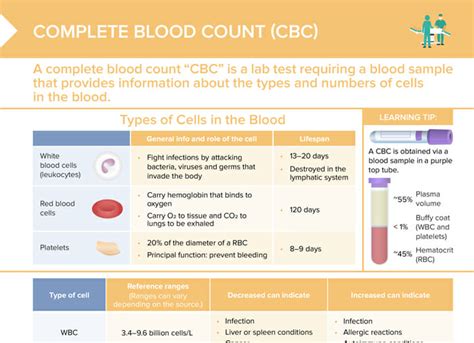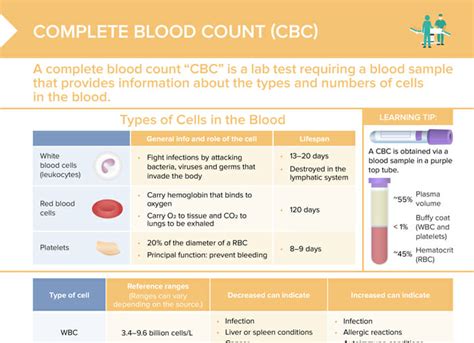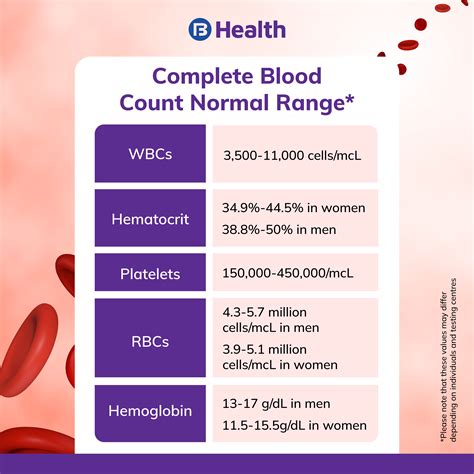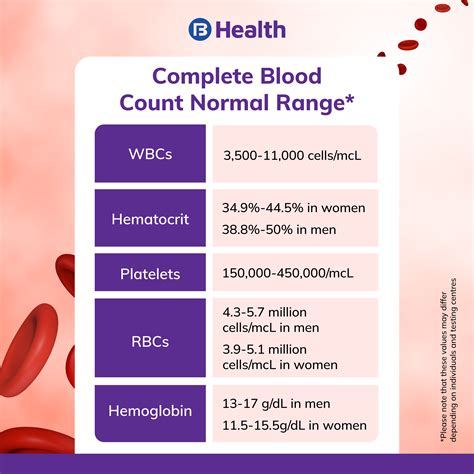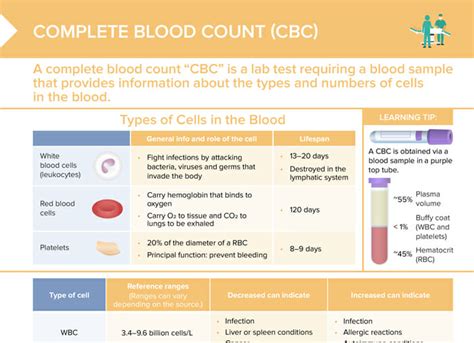The medical field is filled with abbreviations and acronyms, which can be confusing for those not familiar with them. One such abbreviation is CBC, which has a specific meaning in the medical context. Understanding what CBC stands for and its significance is crucial for both medical professionals and patients alike.
CBC is a fundamental test in the medical field, and its results can provide valuable insights into a patient's health. The test is widely used in hospitals, clinics, and laboratories, making it an essential tool for diagnosing and monitoring various medical conditions. In this article, we will delve into the world of CBC, exploring its meaning, purpose, and significance in the medical field.
The importance of CBC cannot be overstated, as it helps medical professionals diagnose and treat a wide range of medical conditions. From anemia to leukemia, the test provides critical information about a patient's blood cells, enabling healthcare providers to make informed decisions about their care. Furthermore, CBC is a non-invasive test, making it a relatively painless and risk-free procedure for patients.
Cbc Medical Abbreviation Meaning
CBC stands for Complete Blood Count, which is a comprehensive test that measures various components of the blood. The test evaluates the levels of different blood cells, including red blood cells, white blood cells, and platelets. By analyzing these cell types, medical professionals can gain insights into a patient's overall health, detect potential disorders, and monitor the effectiveness of treatments.
Components of a Complete Blood Count
A CBC typically includes several components, each measuring a specific aspect of the blood. These components include:
* Red Blood Cell (RBC) count: measures the number of red blood cells in the blood
* Hemoglobin (Hb) level: measures the amount of hemoglobin in the blood
* Hematocrit (Hct) level: measures the proportion of red blood cells in the blood
* White Blood Cell (WBC) count: measures the number of white blood cells in the blood
* Platelet count: measures the number of platelets in the blood
* Mean Corpuscular Volume (MCV): measures the average size of red blood cells
* Mean Corpuscular Hemoglobin (MCH): measures the average amount of hemoglobin in red blood cells
* Mean Corpuscular Hemoglobin Concentration (MCHC): measures the average concentration of hemoglobin in red blood cells
Purpose of a Complete Blood Count
The primary purpose of a CBC is to evaluate the overall health of a patient's blood. The test can help diagnose a wide range of medical conditions, including:
* Anemia: a condition characterized by low red blood cell count or hemoglobin level
* Infection: an elevated white blood cell count can indicate the presence of an infection
* Leukemia: an abnormal white blood cell count can be a sign of leukemia
* Bleeding disorders: a low platelet count can indicate a bleeding disorder
* Nutritional deficiencies: a CBC can help diagnose nutritional deficiencies, such as iron or vitamin B12 deficiency
How is a Complete Blood Count Performed?
A CBC is typically performed in a laboratory or medical office. The test involves a simple blood draw, where a healthcare professional collects a sample of blood from a patient's vein. The blood sample is then sent to a laboratory for analysis, where it is examined using specialized equipment and techniques.
Interpreting the Results of a Complete Blood Count
Interpreting the results of a CBC requires a thorough understanding of the test components and their normal ranges. Medical professionals use the results to diagnose and monitor medical conditions, as well as to evaluate the effectiveness of treatments. The results can also help identify potential health risks, such as anemia or infection.
Benefits of a Complete Blood Count
The benefits of a CBC are numerous, including:
* Early detection of medical conditions: a CBC can help diagnose medical conditions in their early stages, when they are more treatable
* Monitoring of treatments: the test can help medical professionals evaluate the effectiveness of treatments and make adjustments as needed
* Identification of potential health risks: a CBC can help identify potential health risks, such as anemia or infection, allowing for prompt intervention
* Non-invasive and relatively painless: the test is a simple blood draw, making it a relatively painless and risk-free procedure for patients
Limitations of a Complete Blood Count
While a CBC is a valuable diagnostic tool, it does have some limitations. These include:
* Limited scope: a CBC only measures certain components of the blood, and may not provide a complete picture of a patient's health
* False negatives: in some cases, a CBC may not detect certain medical conditions, such as early stages of anemia or infection
* False positives: the test may also produce false positive results, which can lead to unnecessary further testing and treatment
Conclusion and Future Directions
In conclusion, a CBC is a vital diagnostic tool in the medical field, providing valuable insights into a patient's health. While the test has its limitations, it remains an essential component of medical care, helping medical professionals diagnose and treat a wide range of medical conditions. As medical technology continues to evolve, we can expect to see advancements in CBC testing, including more sensitive and specific tests, and improved interpretation of results.
We invite you to share your thoughts and experiences with CBC testing in the comments below. Have you had a CBC test recently? What were your results, and how did they impact your medical care? Your input can help others better understand the importance of CBC testing and its role in maintaining good health.
What is the purpose of a CBC test?
+
A CBC test is used to evaluate the overall health of a patient's blood, diagnosing and monitoring various medical conditions, such as anemia, infection, and leukemia.
What are the components of a CBC test?
+
A CBC test includes several components, such as red blood cell count, hemoglobin level, hematocrit level, white blood cell count, platelet count, mean corpuscular volume, mean corpuscular hemoglobin, and mean corpuscular hemoglobin concentration.
How is a CBC test performed?
+
A CBC test involves a simple blood draw, where a healthcare professional collects a sample of blood from a patient's vein, which is then sent to a laboratory for analysis.
What are the benefits of a CBC test?
+
The benefits of a CBC test include early detection of medical conditions, monitoring of treatments, identification of potential health risks, and non-invasive and relatively painless procedure for patients.
What are the limitations of a CBC test?
+
The limitations of a CBC test include limited scope, false negatives, and false positives, which can lead to unnecessary further testing and treatment.

